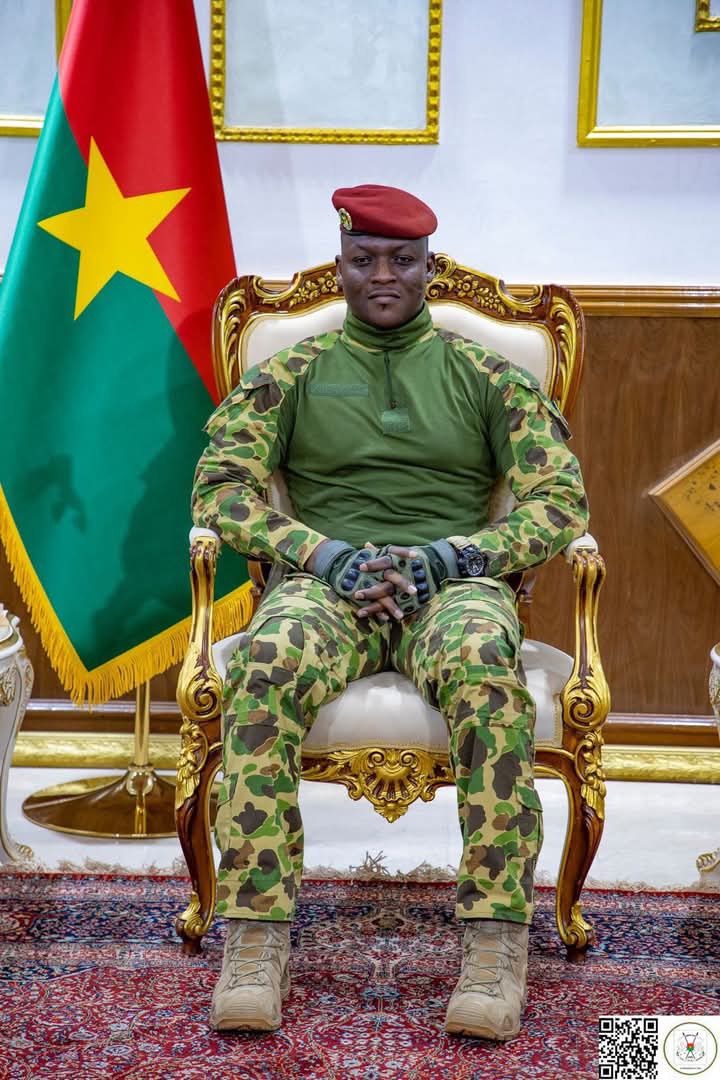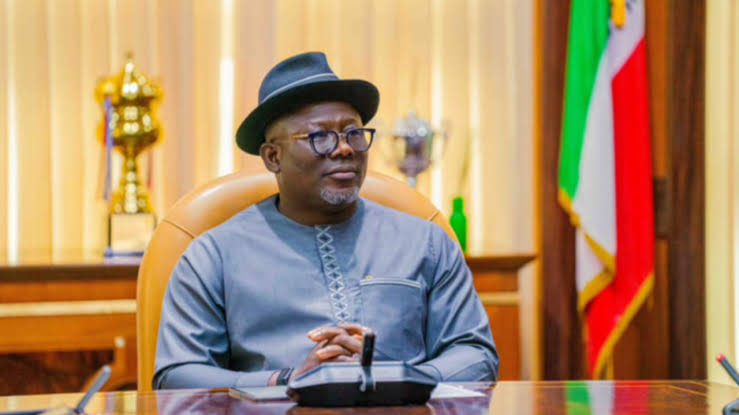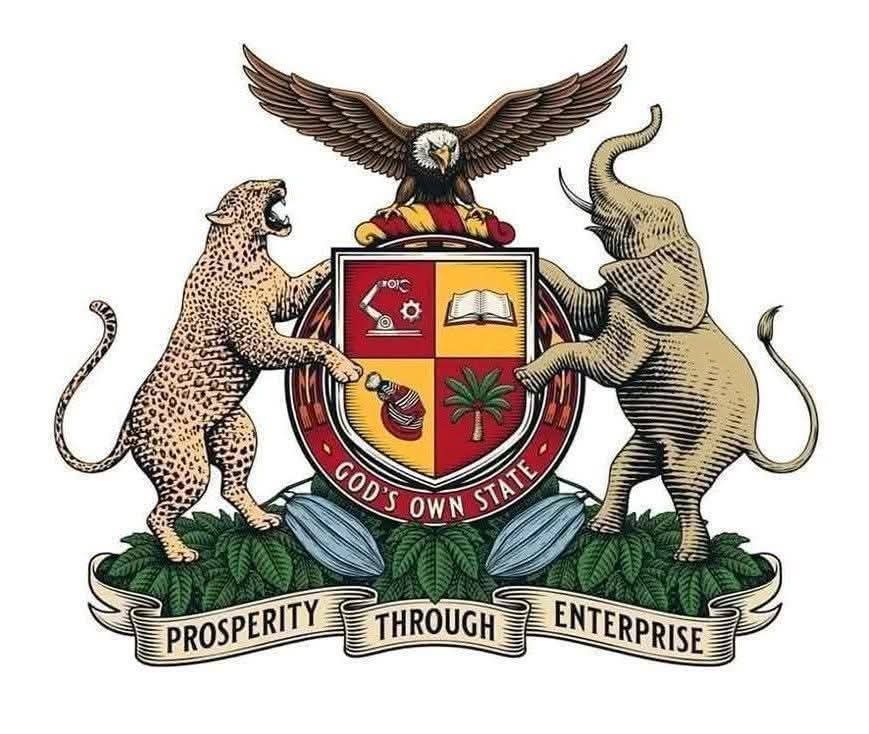BURKINA FASO FOILS ALLEGED COUP PLOT TARGETING PRESIDENT TRAORÉ, IMPLICATES FOREIGN ACTORS
Published on 20 April 2025
OUAGADOUGOU — The government of Burkina Faso has revealed the foiling of what it described as a \"sophisticated\" coup plot allegedly aimed at assassinating President Ibrahim Traoré and destabilizing the country. The high-stakes conspiracy reportedly involved President Traoré’s Chief of Staff, unnamed foreign actors, and local collaborators.

According to a statement from the Ministry of Security, the accused official confessed to receiving a bribe of 25 billion CFA francs (about $41 million USD) and coordinating an arms shipment facilitated through neighboring Côte d’Ivoire, allegedly with French involvement. Authorities say the plot was uncovered through a military-led internal investigation and was in its advanced planning stages.
Security sources claim that weapons were channeled via networks linked to Ivorian President Alassane Ouattara, further accusing France—Burkina Faso’s former colonial ruler—of backing the operation. Neither the French nor Ivorian governments have responded to the allegations at the time of this report.
“This is a grave betrayal of national sovereignty,” the Security Ministry stated, adding that the Burkinabé people remain \"resolute and united\" behind President Traoré.
Nine individuals, including foreign nationals, have reportedly been arrested in connection with the attempted coup. Security has since been heightened across the capital, Ouagadougou, with military checkpoints and patrols deployed at key locations.
Captain Ibrahim Traoré, who seized power in a 2022 military coup, has pivoted Burkina Faso’s foreign policy away from traditional Western allies and strengthened alliances with Russia and fellow military regimes in Mali and Niger under the newly formed Alliance of Sahel States (AES). His government has adopted a hardline stance against foreign interference, a position that has increased tensions in the West African region.
Some observers believe Traoré’s anti-colonial rhetoric and realignment of foreign policy may have provoked international actors wary of losing influence in the strategically and economically significant Sahel nation.
Despite the dramatic revelations, independent verification of the alleged foreign involvement remains unavailable. Regional security experts have urged caution, warning that misinformation can escalate already strained diplomatic relations.
Burkina Faso remains deeply affected by jihadist insurgency, with vast areas of the country under militant control. The latest coup attempt underscores the fragile political climate and the fierce contest between competing visions for the country’s future.
President Traoré’s administration, while enjoying a measure of popular support for its bold military campaigns and nationalist posture, continues to face criticism over authoritarian tendencies and a lack of democratic accountability.

